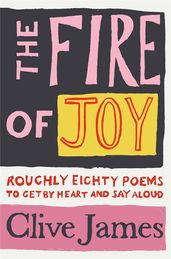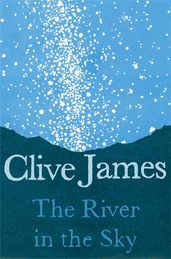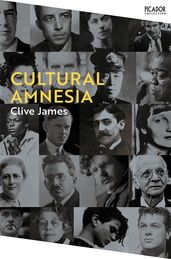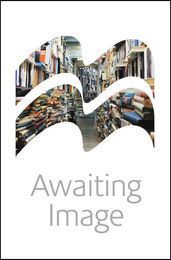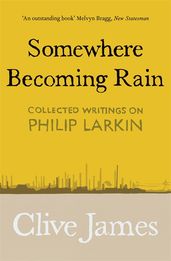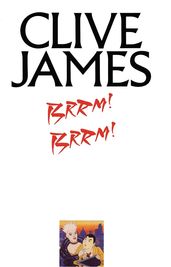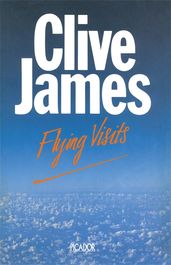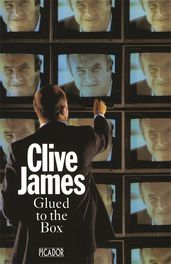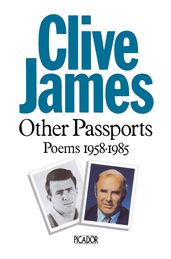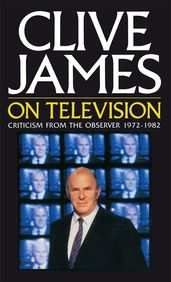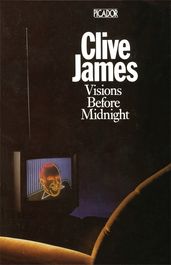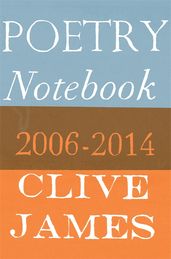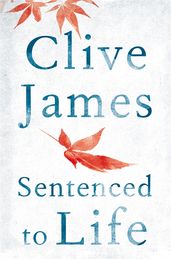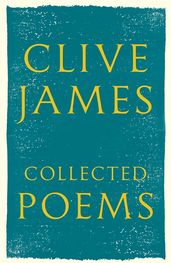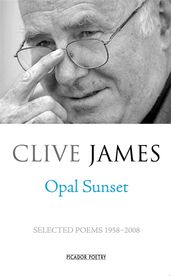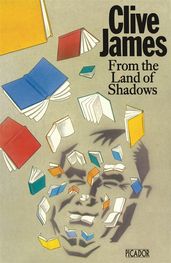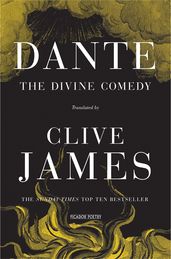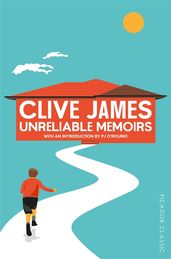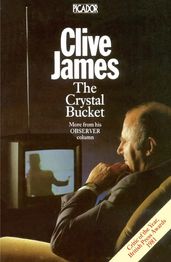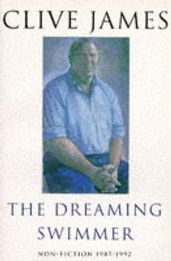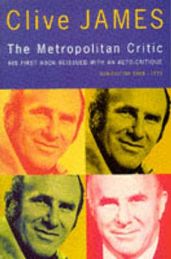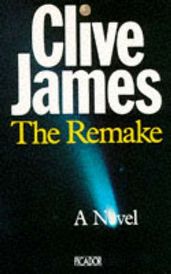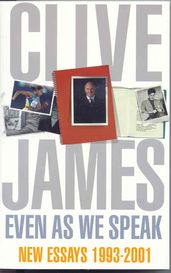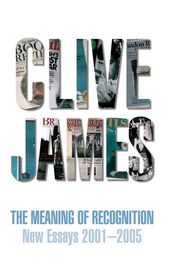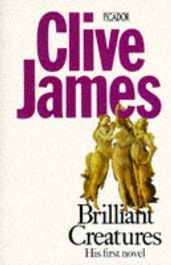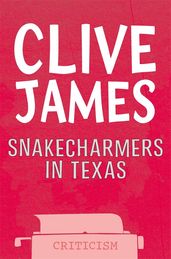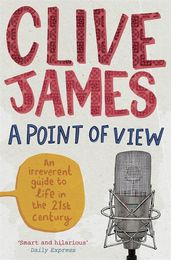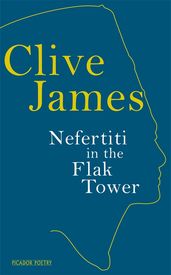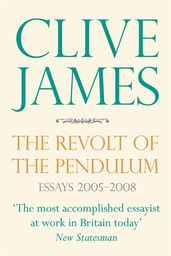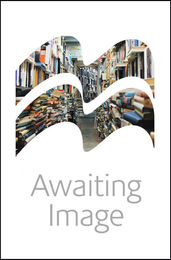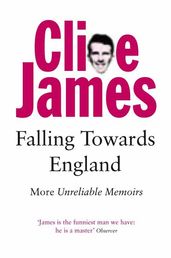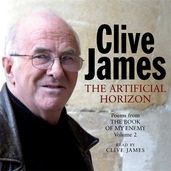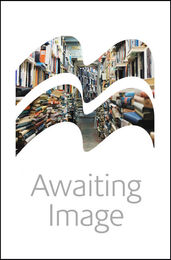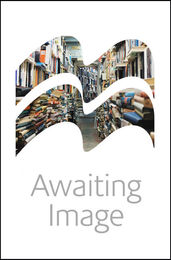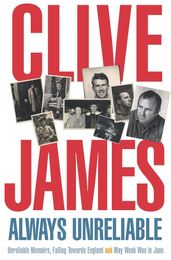Synopsis
Adding to an already unforgettable collection of comic brilliance, Clive James followed-up Visions Before Midnight and The Crystal Bucket with Glued To The Box – the third and final collection of his hilarious, inimitable columns of TV criticism and a time capsule of 1970s/1980s entertainment.
'One of the few columnists who makes you laugh aloud' – Melvyn Bragg, Sunday Times
In 1982 Clive James, the man who made TV criticism an entertainment in its own right, hung up his hat after ten years as the Observer's regular television critic. From the election of Reagan, Ski Sunday and finding out who shot JR, to Michael Foot's Labour Party, the ITV Telethon and Minder, it was a memorable end to his legendary tenure.
'His contribution to the art and enjoyment of TV criticism over the past ten years has been immense. His work is deeply perceptive, often outrageously funny and always compulsively readable' – British Press Awards, on Clive James (Winner, Critic of the Year 1981)
Glued To The Box collects James's TV criticism published originally in the Observer between 1979 and 1982.
Clive James (1939–2019) was a broadcaster, critic, poet, memoirist and novelist. His much-loved, influential and hilarious television criticism is available both in three individual volumes, of which this is the third, and collected in a single volume in Clive James On Television.
Praise for Clive James:
'The perfect critic' – A.O. Scott, New York Times
'There can't be many writers of my generation who haven't been heavily influenced by Clive James' – Charlie Brooker
'A wonderfully witty and intelligent writer' – Verity Lambert
Details
Reviews
The funniest writer in Britain
Along with its two predecessors, it will stand as a once-only critical phenomenon: ten years' worth of high intelligence and wit
A third glittering selection
James reinvented the style of TV criticism. Described by Sheridan Morley as "far and away the funniest writer in regular Fleet Street employment", James was the first critic to prostrate himself before the flow of the medium in all its manifestations. He admitted to himself and his readers, that for most of us the frenzies commentary of Murray Walker and the uneasy elocution of Harry Carpenter are as important a part of TV as the most earnest offering from "Play for Today" or "The South Bank Show". They do not, of course, hope to be regarded as "art" but they are part of the same experience

